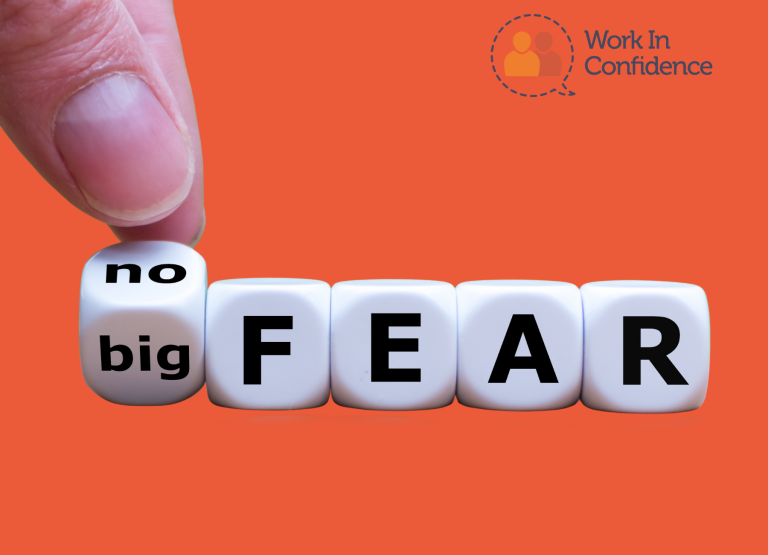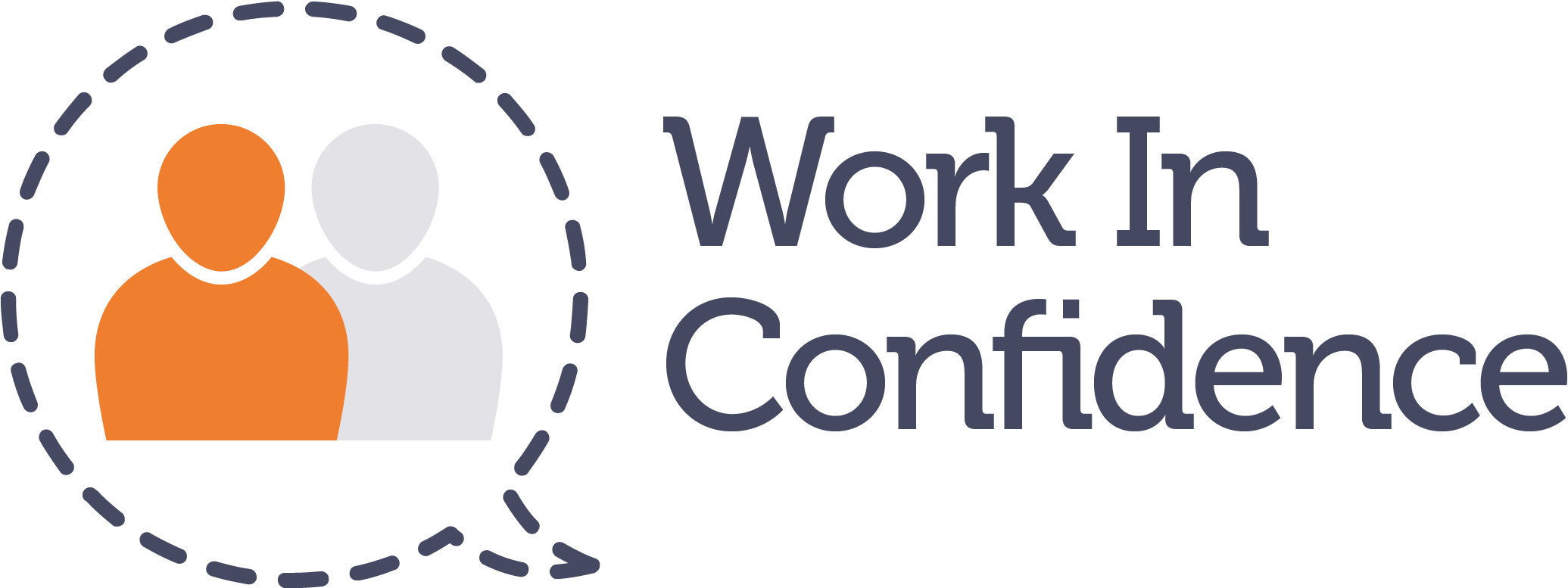Written by Ann Barker, Head of Growth and Engagement, WorkInConfidence

Anonymous Speak Up channels can be more than a policy requirement; they can be a lifeline for those experiencing bullying, harassment, discrimination, or other problems at work.
For most of us, work is a huge part of our lives. It’s where we spend our time, form friendships, and contribute to something meaningful. But for some it’s a place where they are being bullied, harassed, or discriminated against, which means work can become a place of fear — not safety.
In theory, employees should be able to speak to their line manager or HR. In practice, that’s often the last thing they feel able to do.
Why People Don’t Speak Up
We hear it time and time again — people don’t raise concerns because they fear:
- Retaliation or being labelled a troublemaker
- Damaging future opportunities or relationships
- Not being believed or taken seriously
When trust has been eroded, the normal reporting routes can feel unsafe.
The Emotional Toll of Silence
The effects of silence go far beyond the immediate issue. People describe feeling:
Why People May Not Go to Their Manager or HR
Whether real or perceived, there are many reasons why people feel unable to raise concerns through formal channels. Sometimes they don’t trust that their manager will handle it sensitively — especially if the manager is friends with those involved, or even part of the problem.
Others fear that HR’s role is to protect the organisation, rather than the individual. While this often isn’t the case, that perception alone can be enough to stop someone from coming forward.
They might worry about confidentiality, concerned that their identity will be shared or that rumours will spread. Or they’ve seen others speak up before, and nothing changed.
In some cases, employees come from workplaces or cultures where raising a concern has always carried risk, and that belief doesn’t disappear overnight. And, for people already experiencing bullying or discrimination, the idea of reliving events with someone in authority can feel very overwhelming. So, instead they say nothing, and try to cope alone.
And behind it all, there’s often a deeper fear of: “What if I lose my job?” For many people, their job isn’t just a role, it’s their entire livelihood. It’s how they pay the bills, support their families, and maintain stability. The thought of jeopardising that, especially in tough economic times, can be terrifying.
So they weigh the risk and choose silence, even when that silence causes real harm.
Why Anonymity Matters
Having an independent, anonymous Speak Up system can make all the difference. It creates a safe bridge between silence and action, and allows someone to share what’s happening without fear of exposure.
For leaders, it’s a vital insight into what’s really going on beneath the surface. For employees, it can be a first step toward feeling seen, heard, and supported.
Turning Silence Into Trust
Anonymous channels shouldn’t replace human conversations — they should enable them. When leaders respond to reports with empathy and action, workforce confidence begins to grow. Over time, the need for anonymity gradually lessens because openly speaking up and trust becomes part of everyday culture.
Silence isn’t safety — it should be a warning sign to leaders. Creating space for every voice, especially the unheard, is where true culture change begins.
How WorkInConfidence Helps
WorkInConfidence supports organisations in creating environments where employees feel safe and confident to raise concerns. We offer:
- Secure, anonymous two way speak-up channels.
- Case management that ensures issues are tracked and resolved.
- Engagement and survey tools to measure confidence and culture.
It takes about 30 minutes. And, if you’d just like a no obligation chat about anonymous Speak Up – please contact us:
Email: help@workinconfidence.com I Tel: 0845 3831014
Final Thoughts......
There is a range of Employer Guides and Blogs on the website which you may find useful and interesting. Here’s a link to one that can be read in conjunction with this Blog:
A safe and secure two-way anonymous channel for your people to raise concerns via phone, tablet, or PC, ensuring you are aware of any workplace issues and can respond quickly and accordingly
Easily set up, run and interpret surveys on engagement, respect, wellness or other topics to ensure you always understand your people, their needs and motivations.
A secure phone line with a dedicated Speak Up Guardian for your employees to raise concerns with. We also provide training in Freedom to Speak Up, Speaking up and safeguarding processes.
